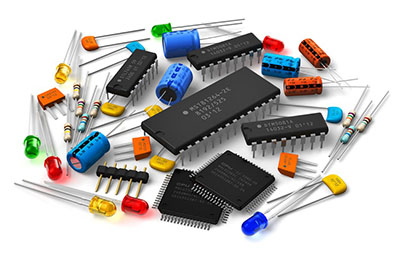Request Quote

Request Quote
Thank you for your inquiry. We are working on your request and will respond as soon as possible. For immediate inquiries please call 1-866-651-2901
Ordering Info
In Stock: 0
MOQ: 1
Lead Time: 2 weeks
Package Quantity: 260
HTS Code: 8542.39.0001
ECCN: EAR99
COO: TW
*Product Country of Origin (COO) information may be unavailable at the time of order placement. Buyer acknowledges that additional duties, tariffs, or import fees may be assessed based on the actual COO once determined.
| Quantity | Cost |
|---|---|
| 1 | - |
Product Info
The AX99100 is a single chip solution that fully integrates PCIe 2.0 Gen 1 end-point controller and SerDes with a variety of peripherals such as four High Speed Serial Ports, one Parallel Port, IC Master, High Speed SPI, Local Bus (ISA-Like) , and GPI
Sales of ASIX products restricted to customers in North America only.


